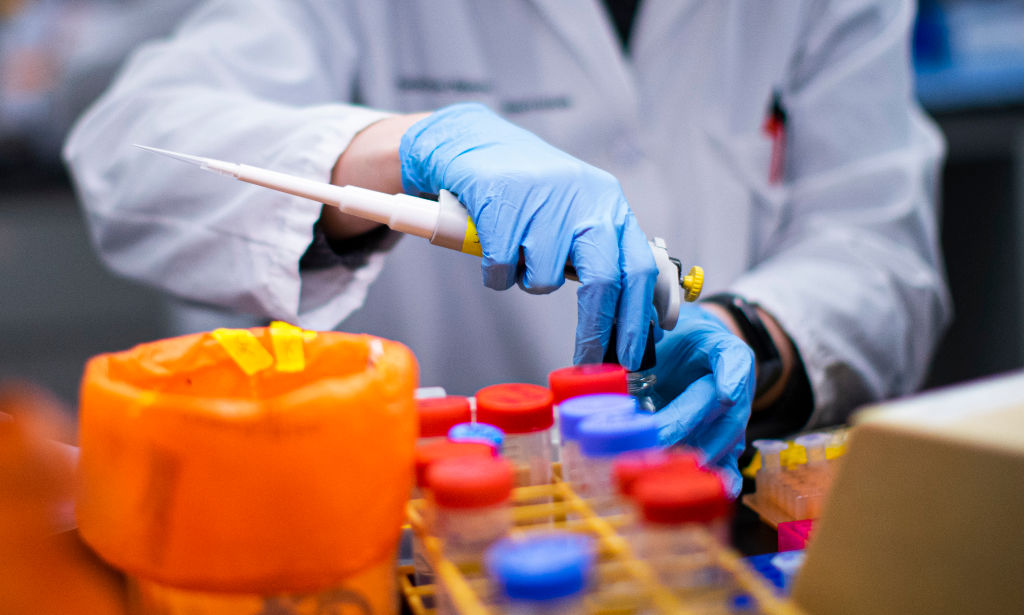Two existing drugs show promising signs they may treat coronavirus

Two existing anti-viral medications show early signs they may provide effective treatment for the COVID-19 coronavirus.
In test tube trials, a relatively new drug called remdesivir, which was developed to treat Ebola, and an older HIV drug, Kaletra, have both shown promising signs they may work against the virus.
Director of the Doherty Institute, Professor Sharon Lewin, said clinical trials of the two drugs have been completed in China, and the results are being analysed.
“Given the urgency I’d imagine we’d be hearing [the results] in the next few weeks,” she told 3AW’s Neil Mitchell.
But a vaccine for the coronavirus is still unlikely to be available for at least 12 months.
“This is different to a vaccination strategy. This is a known drug, we know the side effects, we know it’s safe, and because China has had so many cases they very quickly did what we call a randomised study,” Ms Lewin said.
The Victorian Government has just pledged $6 million to the Doherty Institute, to go towards coronavirus research and treatment, and the Jack Ma Foundation has donated $3.2 million to the institute.
Ms Lewin said the funding will be spent on testing Victorians for the disease, research at the Doherty Institute and the Burnet Institute to develop a vaccine or new drugs to treat the disease, and developing quicker diagnostic techniques.
“It’s possible that we could have a vaccine in 12 to 18 months,” Ms Lewin said.
Press PLAY below for more.
Image: Kena Betancur / Stringer















